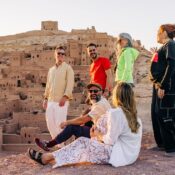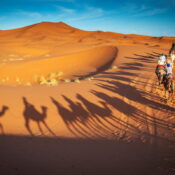Moroccan Cultural Festivals: Celebrating Tradition and Diversity
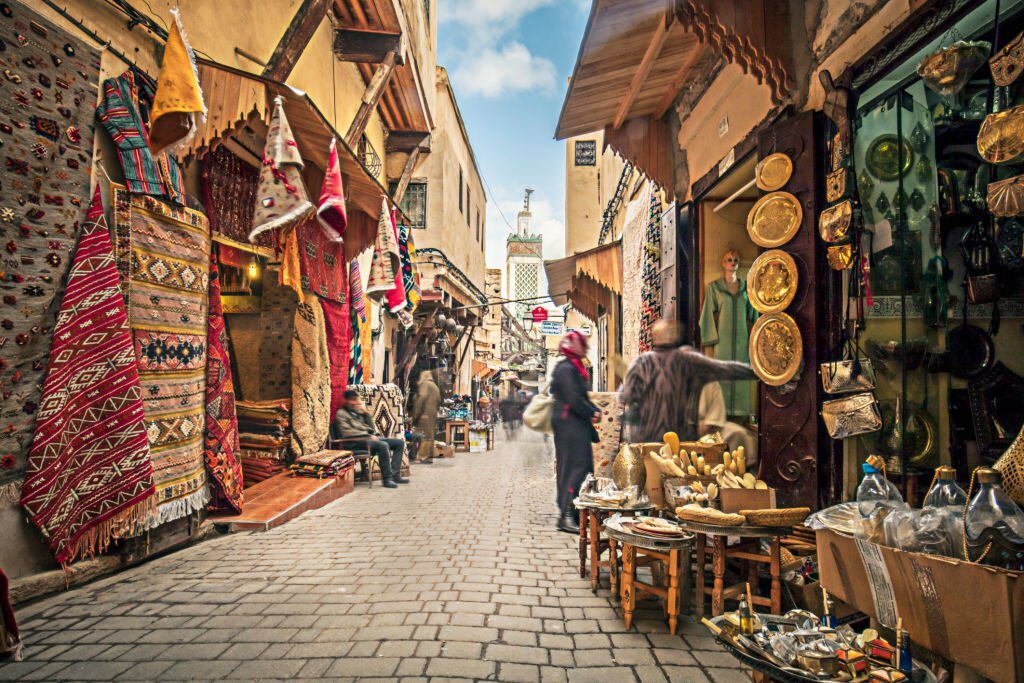
Moroccan Cultural Festivals: Celebrating Tradition and Diversity
Introduction
Morocco, a land steeped in history and cultural richness, hosts a tapestry of festivals throughout the year, each a vibrant celebration of its diverse heritage. These festivals serve as windows into Morocco’s soul, showcasing its traditions, art, music, and spirituality, offering locals and visitors alike an immersive experience into the country’s cultural tapestry. Among these, the Moroccan Cultural Festivals stand out, providing unique and enriching insights into the vibrant and dynamic cultural scene of this captivating nation.
Festival of World Sacred Music, Fez
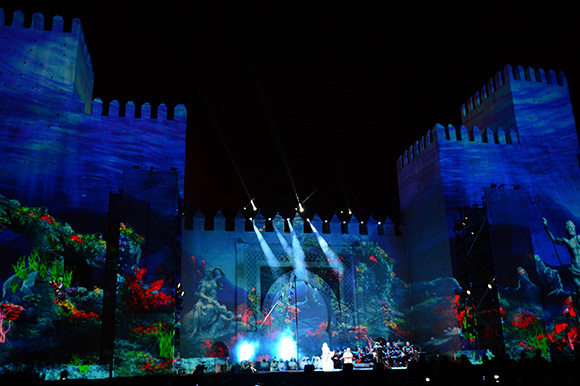
A Celebration of Spirituality
The Festival of World Sacred Music in Fez is a unique gathering, transcending cultural boundaries. It unites musicians, spiritual leaders, and artists from around the globe to celebrate the essence of spirituality through music, dance, and discussions. This festival promotes intercultural dialogue and harmony, reflecting Morocco’s longstanding history of tolerance and acceptance.
Gnaoua World Music Festival, Essaouira
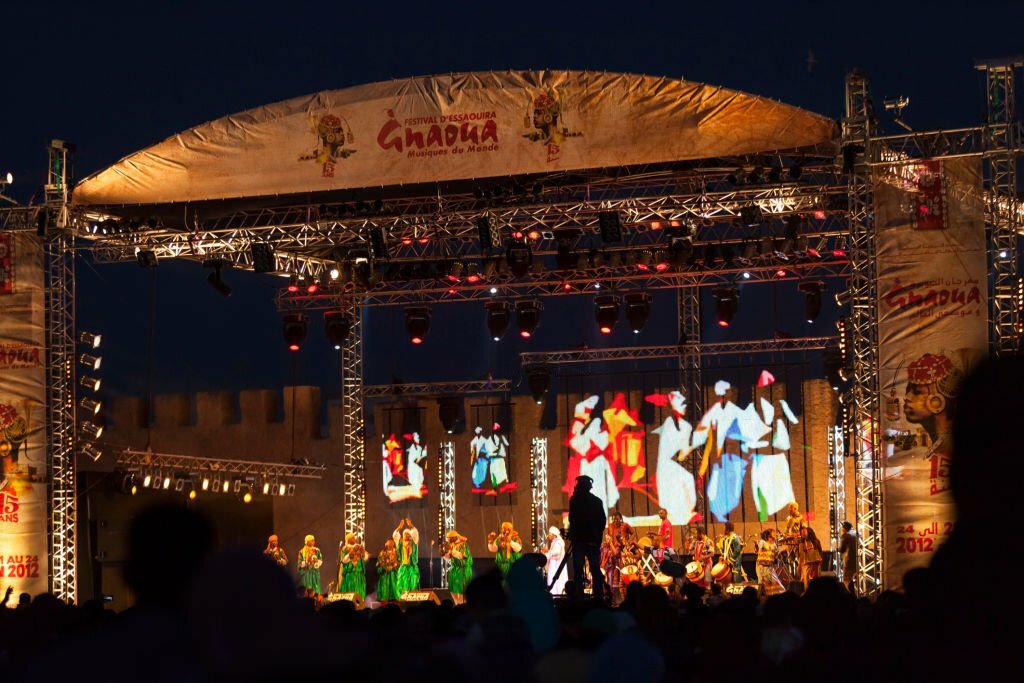
Rhythms of African Influences
In the coastal town of Essaouira, the Gnaoua World Music Festival pulsates with the beats of African-inspired music. This festival pays homage to the Gnaoua heritage, blending traditional Moroccan music with jazz, blues, and contemporary sounds. It’s a mesmerizing fusion that draws in music enthusiasts worldwide, celebrating the mystical Gnaoua culture and its spiritual music.
Rose Festival, El Kelaa M’Gouna
A Fragrant Celebration
In the Valley of Roses, El Kelaa M’Gouna hosts the Rose Festival, an ode to the region’s abundant rose production. This vibrant celebration showcases local traditions, folk dances, and the beauty of handcrafted rose products. It’s a sensory experience, with streets adorned in vibrant colors and the air filled with the fragrant essence of roses.
Marrakech International Film Festival
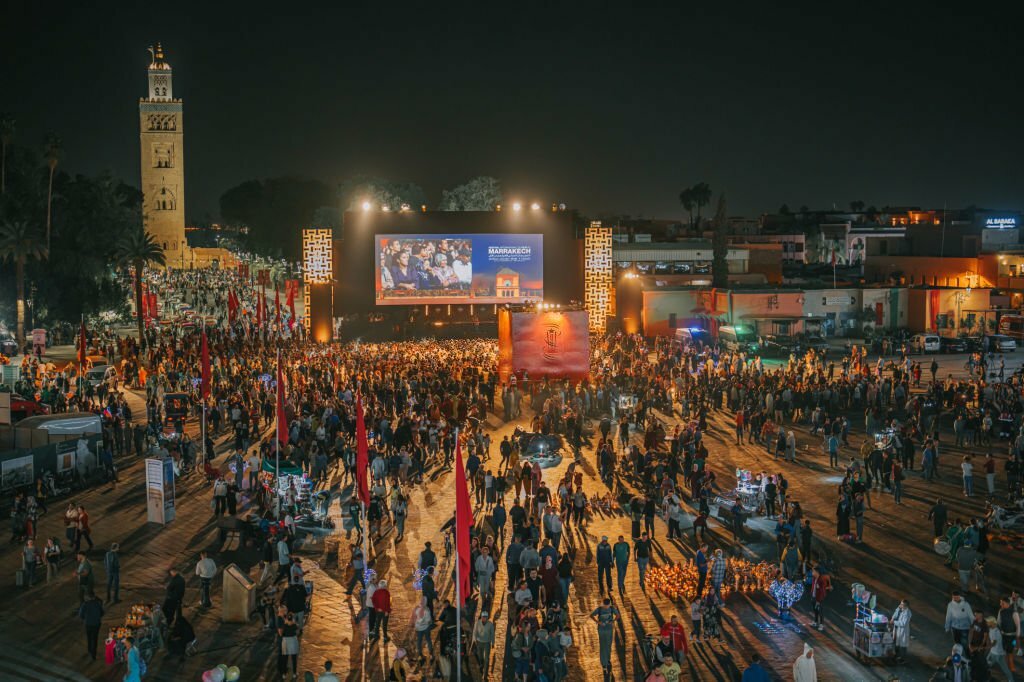
Cinematic Grandeur
The Marrakech International Film Festival is a platform where cinematic excellence meets cultural exchange. It attracts filmmakers, actors, and cinephiles from across the globe, showcasing a diverse array of films and nurturing a dialogue between cultures through the universal language of cinema.
Eid al-Fitr and Eid al-Adha
Religious and Cultural Celebrations
Eid al-Fitr and Eid al-Adha are significant religious and cultural festivals in Morocco. Eid al-Fitr marks the end of Ramadan, a month of fasting, with joyful feasting, communal prayers, and acts of charity. Eid al-Adha commemorates Abraham’s willingness to sacrifice, emphasizing the spirit of sacrifice, charity, and communal celebrations.
Conclusion
Morocco’s cultural festivals are more than mere events; they are embodiments of the nation’s soul, showcasing the unity in diversity, the resilience of traditions, and the spirit of inclusivity. These celebrations weave together the threads of Morocco’s past and present, inviting all to immerse themselves in the country’s rich tapestry of cultures and traditions.
FAQs
- Are these festivals open to tourists and visitors?Yes, most Moroccan cultural festivals welcome tourists and visitors, offering a chance to engage and participate in the festivities.
- Are there specific dress codes or etiquettes to follow during these festivals?While there might not be strict dress codes, respecting local customs by dressing modestly and being culturally sensitive is appreciated.
- How can tourists participate and experience these festivals authentically?Engaging with locals, attending traditional performances, trying local cuisines, and embracing the spirit of the festival are excellent ways to immerse in the authentic experience.
- Do these festivals have specific dates every year?Yes, most festivals have fixed dates annually, but it’s advisable to check the exact dates for each festival as they might vary slightly based on the lunar calendar or local traditions.
- Are there accommodations available near festival sites for tourists?Yes, accommodations ranging from hotels to guesthouses are often available near festival locations, but booking in advance is recommended during peak festival seasons.
All Categories
- Actividades en Marruecos
- Adventure
- Aventura
- blog
- blog
- Camping salvaje
- City Tours
- country tours
- Desert tours
- Estilo de vida
- Excursiones de un día a Marrakech
- Life Style
- Marrakech Day Trips
- Morocco activities
- Morocoo
- Rutas por el desierto
- Sin categorizar
- viajes por el país
- Visitas por la ciudad
- Wild Camping

